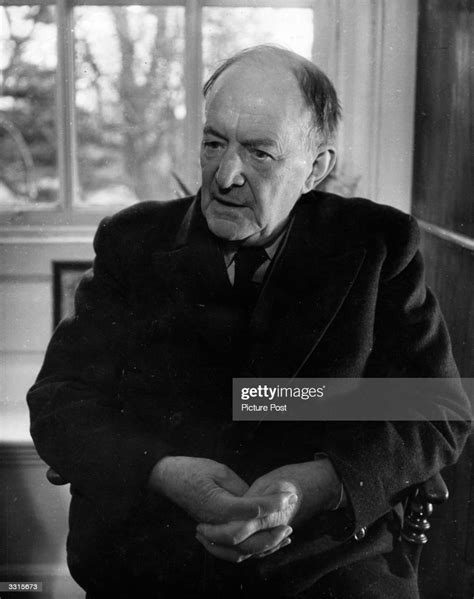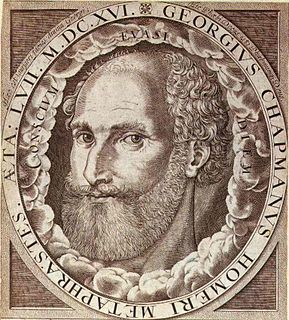A Quote by William Shakespeare
The hand that hath made you fair hath made you good.
Pity is the virtue of the law, and none but tyrants use it cruelly.
Related Quotes
Let us look upon a crucified Christ, the remedy of all our miseries. His cross hath procured a crown, his passion hath expiated our transgression. His death hath disarmed the law, his blood hath washed a believer's soul. This death is the destruction of our enemies, the spring of our happiness, and the eternal testimony of divine love.
He that hath wife and children hath given hostages to fortune, for they are impediments to great enterprises, either of virtue or mischief. Certainly the best works and of greatest merit for the public have proceeded from the unmarried or childless men, which both in affection and means have married and endowed the public. He was reputed one of the wise men that made answer to the question, when a man should marryA young man not yet, an elder man not at all.



































